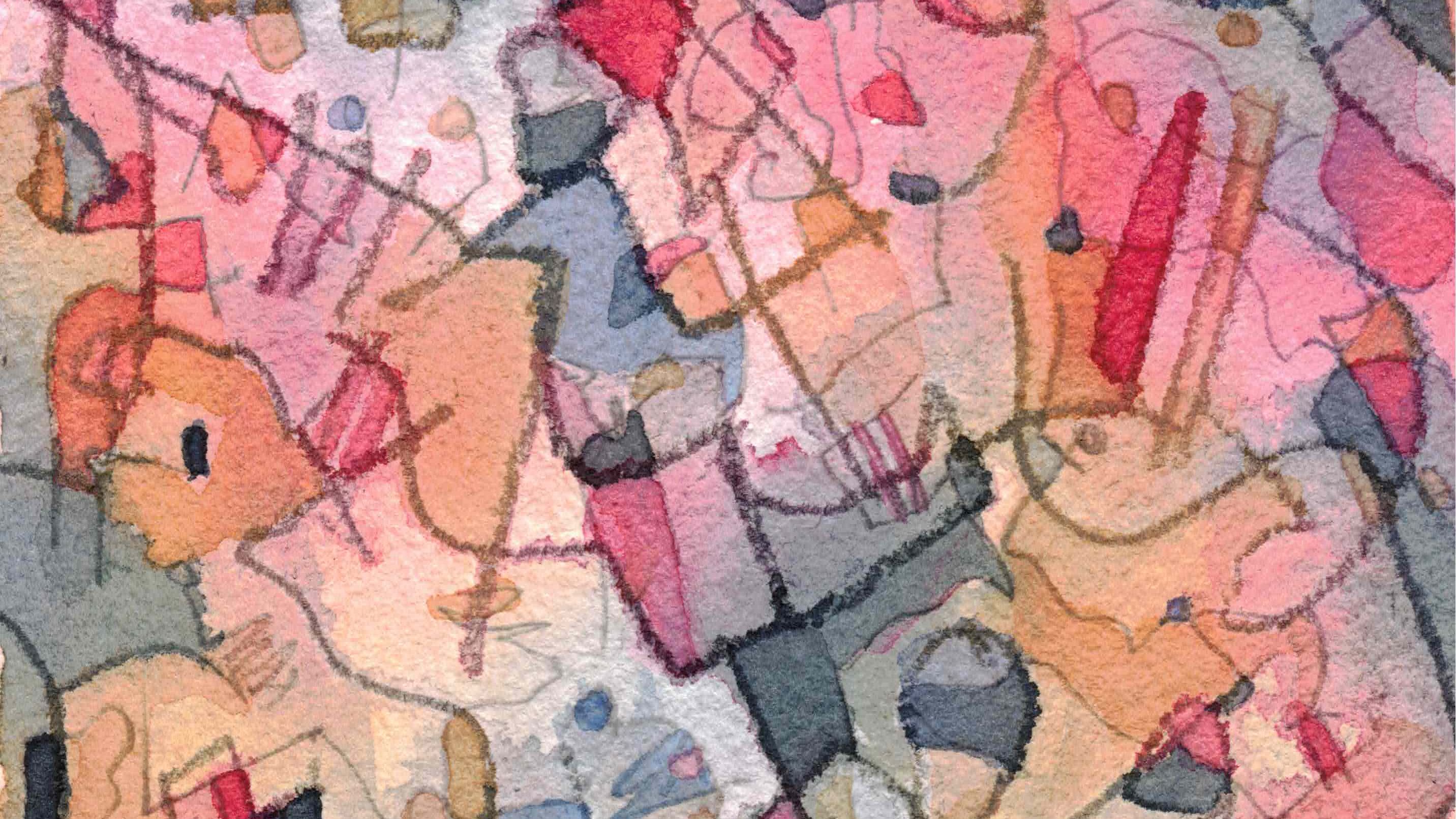Next phase thinking - 4 change or transition.
Sep 26, 2025
In any group conversation amongst leaders these days change is a core topic. Everything’s changing and there seems to be a consensus that ‘our times’ are changing faster than ever before in history. We like to divide history into periods – the Shogunate or the Renaissance - that provide neat chapters in history textbooks. Are we a chapter or the bit between periods, just a time of transition?
My lunch colleagues are on boards, are CEOs, leaders, parents and initiators of change. Yet I came away with an unexpressed quandary as to whether our conversation was about change or transition. Do we get to our next phase by a disruptive process of change or through a gradual process of transition?
Talking with a Buddhist friend of mine the other day, she mentioned how we can fall into the trap of thinking that things shouldn’t change any more, or that change is too rapid. The Buddhist view is that change is the norm, every instant, and that the ways we think we have stabilised that world, our rules and institutions, are only our invention to feel good. In that view, change is constant and there is no ‘next phase’, no stable state to get to.
Yet our individual experience is that some changes do bring us to a new state. That might be a new role, a new career, retirement, ‘parenthood’ or membership of a board. We have a name for a new condition and develop trust that some aspects of the new situation are regular and persist. Board meetings happen, new buildings are erected, we participate in new projects and have a new daily rhythm. It may all be ephemeral in a metaphysical sense, but it feels stable right now!
It's not clear yet whether any of our experiments with community, organisation, learning or problem solving will lead to new stable organisations or institutions. As has happened in history before, 'rapid', paradigmatic change could take a century or more.
Later generations may see our times as an historic period of turbulence. Perhaps we need both caring and luck on a global scale to come out of it well.
A personal decision arises from this global situation. What role are you playing in the change? Are you going to be on your toes, alert to and responsive to change, even provoking it? Or is it more in your nature to seek stability, either by reinforcing existing institutions, or helping them to transition to a new paradigm? Either way, it will call on your capacity to reinterpret yourself, not just the world.
When my clients have done this, the results are always both beautiful and powerful. I suppose that’s why I’m fundamentally optimistic and hopeful that at both an individual level and together we can craft a new future even if it’s one that I’d find uncomfortable.
Coaching relies on a continuing belief on both sides, that positive change is possible, even when the problems seem insurmountable and there are no words for the ‘next phase’. During big transitions the key is to sustain the uncertainty and allow patterns to emerge without rushing to a convenient error.As you reflect on your career, how well are you handling our current pace of change?
Stay connected with news and updates!
Join our mailing list to receive the latest news and updates from our team.
Don't worry, your information will not be shared.
We hate SPAM. We will never sell your information, for any reason.
